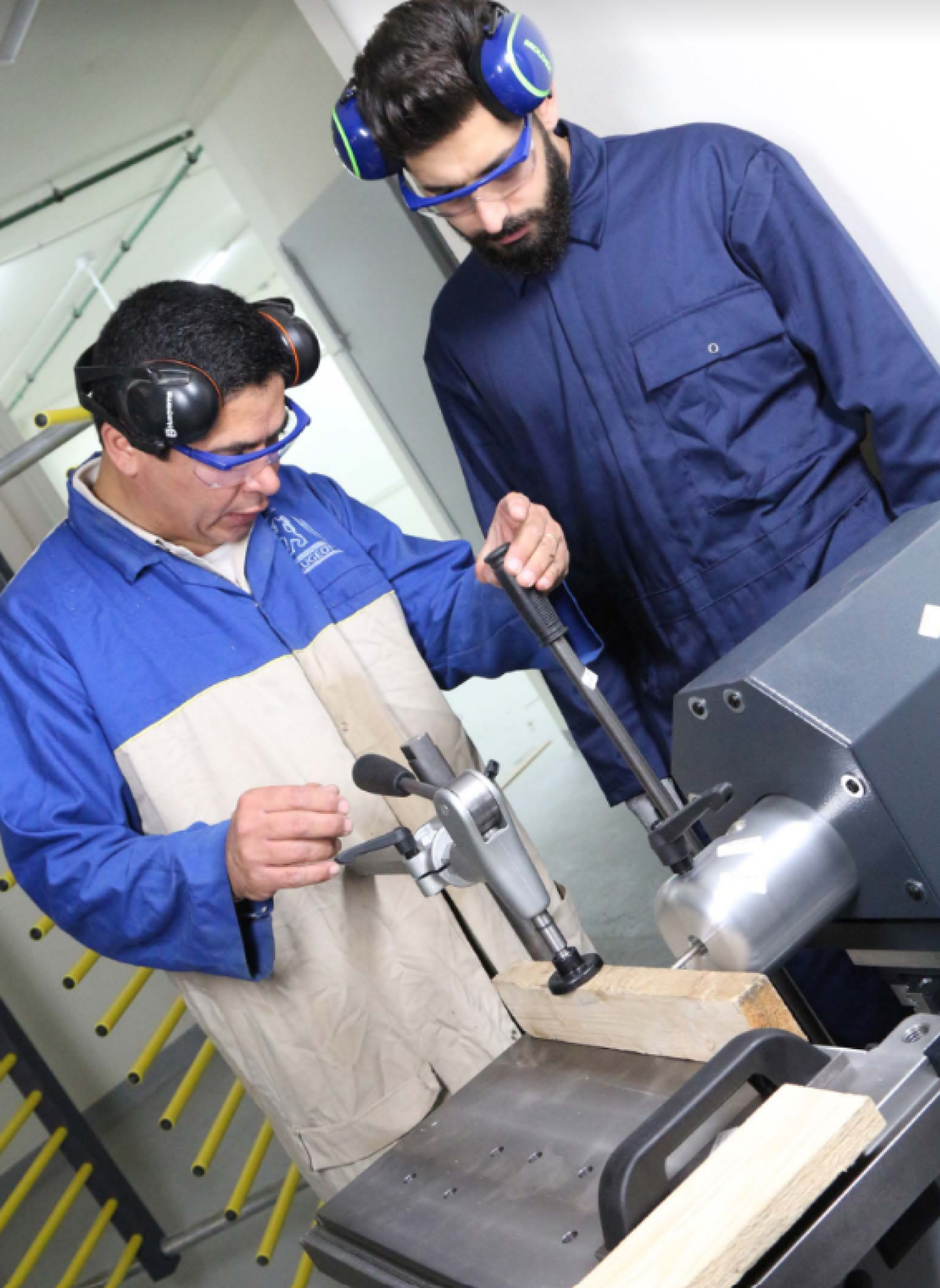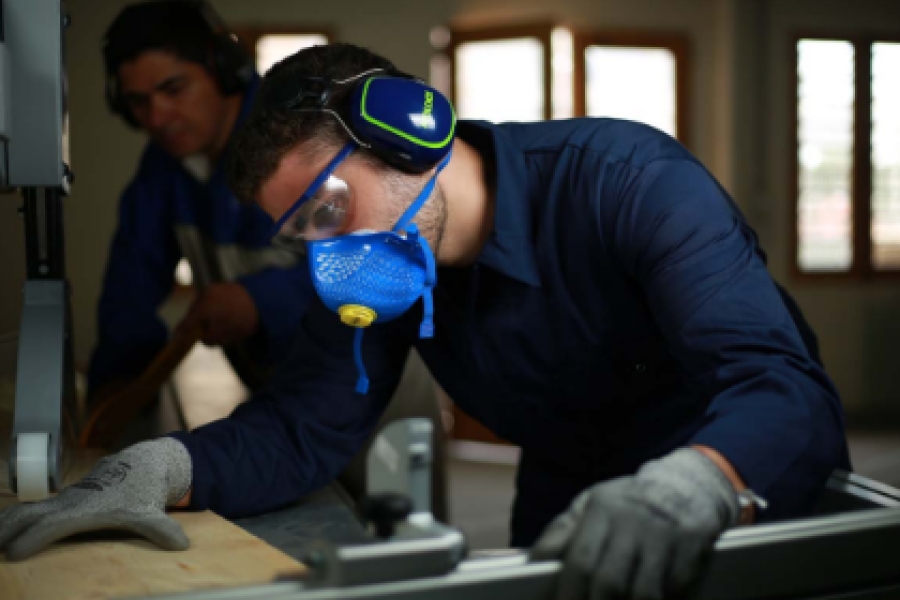UNIDO Partnering with Slovenia to Strengthen the Wood Manufacturing Industry in Albania
15 August 2023
The number of furniture and wood processing companies in Albania has, for the first time in 2020, surpassed 1,000, employing more than 10,000 people.
Wood and other forest products are renewable and highly versatile natural resources that can contribute to climate change mitigation and contribute to a wide range of labour-intensive processing industries.

In Albania, the wood and furniture industry is one of the fastest growing industries. Government data reports a 19% increase in exports of furniture from 2015 to 2020 for a total of $62 million in 2020. The number of furniture and wood processing companies in Albania has, for the first time in 2020, surpassed 1,000, employing more than 10,000 people. This number is estimated to be up to three times likely higher due to the informality of the sector.
However, to maintain and expand growth key priorities must be addressed to strengthen the skilled labour force, update industry- specific legislation, reduce barriers to export, expand national technical and vocational sector specific training capacities, and digitalize processing activities.

With the support of the Government of Slovenia, United Nations Industrial Development Organization (UNIDO) is partnering with the Wood Industry Cluster Slovenia (Zavod Lesarski Grozd) to pilot an initiative to improve the economic competitiveness of Albania’s wood manufacturing sector through enhanced technical skills to practitioners and improved public-private dialogue. The project, Fostering sustainable development in the Albanian wood sector through improved manufacturing capacities and skills training, started in early 2023. The project contributes to the Ministry of Infrastructure and Energy National Forest Strategy and National Plan for European Union integration.
UNIDO, the specialized agency of the United Nations with a unique mandate to promote and accelerate sustainable industrial development, aims to raise the level of value addition and to upgrade the wood value chain in developing countries in close engagement with the private sector.
UNIDO’s wood programme began in 1967 when efforts were made to show developing countries how to manufacture or process wooden products for export instead of simply exporting raw timber. Very soon, UNIDO had built up an extensive bibliography of manuals, experts’ reports and research papers on different aspects of wood processing. It also published lectures given at seminars on the wood industry.

UNIDO’s support for the wood industry focuses on technology transfer and capacity building in strong cooperation with local wood industry associations/institutions and respective governmental departments with the main focus on the secondary wood processing industry. Any proposed solutions should contribute to employment creation through expanding labour-intensive secondary processing industries, raise performance and productivity of the secondary processing sector, ensure raw materials are derived from environmentally sound resources (certified forests, production forests under sustainable management) and support programmes to
minimize and utilize production waste.
Examples of UNIDO recent projects in the wood industry in South Africa focus on providing sustainable forestry skills and supporting wood processing enterprises with technology, equipment, and training to enhance their business practices. Projects in Lebanon focused on how to shift enterprises which have a more artisan and craft background to adopt industrial processes and international standards through new technologies (i.e. computer numerical control (CNC) machines), while at the same time promoting innovation.

The current pilot initiative in Albania will contribute to a further understanding of the strengths and gaps in wood value chain, and develop cooperation and knowledge sharing between Slovenia and Albania wood industry clusters while building technical vocational training capacity for the wood industry in Albania.
UNIDO’s wood programme began in 1967 when efforts were made to show developing countries how to manufacture or process wooden products for export instead of simply exporting raw timber
*This article was originally published here.

















